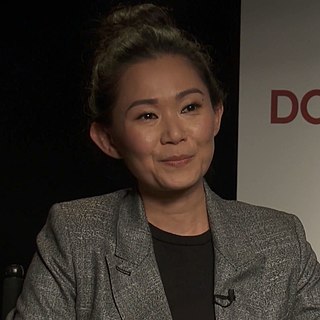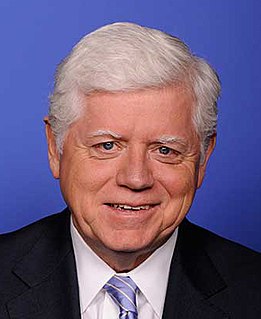A Quote by Simone de Beauvoir
The Communists, following Hegel, speak of humanity and its future as of some monolithic individuality. I was attacking this illusion.
Quote Topics
Related Quotes
At some point, you realize you can't provide a perfectly monolithic description of a foreign culture's future any more than you can provide a monolithic description of your own hometown's future. Your choices about what to emphasize and what to leave out make all the difference, and ultimately, your fingerprints and biases and viewpoints are going to be all over the story.
The part of you that is unhampered by illusion-the illusion of time, the illusion of powerlessness, the illusion of impossibility-i s waiting for you to slow down and open up so that it can speak to your consciousness. In some unguarded moment, you will hear its wildly improbable words and know that they are guiding you home.
There are differences between us. But it doesn't make sense to emphasize that, because my future and yours is connected with everyone else's. So we have to take seriously our concern for all of humanity. When we focus on our individuality, humanity inevitably suffers. And once humanity suffers, each one of us will also suffer.
Since substance is infinite, the universe as a whole, i.e., god, Hegel is telling us that philosophy is knowledge of the infinite, of the universe as a whole, i.e, god. You cannot get more metaphysical than that. I think that Hegel scholars have to admit this basic fact rather than burying their heads in the sand and trying to pretend that Hegel is concerned with conceptual analysis, category theory, normativity or some such contemporary fad.
Where have we come as a country, when loving the Constitution, being a patriot, loving Jesus is extremist? Let me tell you what I think is extreme, is a president who was raised by communists, taught by communists, who was supported by communists, and whose self-appointed, self-admitted heroes are communists. And that, I think, is un-American.
Whether we love humanity or not, we must realize that we are part of it. My future depends entirely on the future of humanity, and so I am compelled to take care of humanity. That is why being compassionate is actually in my own best interest. And a symptom of my own peace of mind is that I can share comfort with others around me.
[T]ruly to escape Hegel involves an exact appreciation of the price we have to pay to detach ourselves from him. It assumes that we are aware of the extent to which Hegel, insidiously perhaps, is close to us; it implies a knowledge, in that which permits us to think against Hegel, of that which remains Hegelian. We have to determine the extent to which our anti-Hegelianism is possibly one of his tricks directed against us, at the end of which he stands, motionless, waiting for us.



































